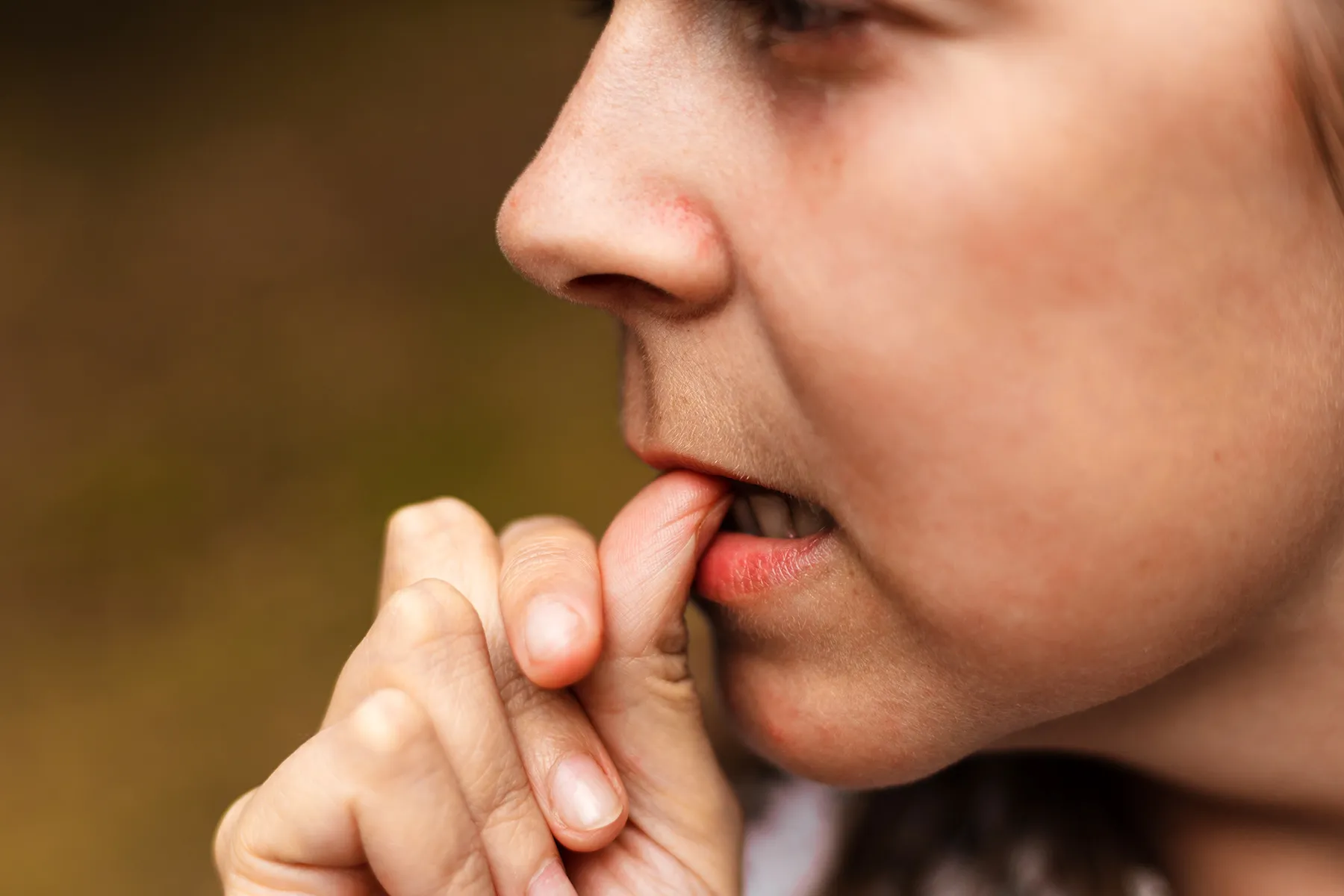You doubtless know from expertise that sleep and temper go hand in hand. A sleepless evening can go away you feeling crabby the following morning and put a damper in your complete day. When you could have power insomnia, evening after evening of mendacity in mattress awake can take a fair greater, longer-lasting toll in your temper.
To know the connection between sleep and temper, look no additional than your mind. Deep contained in the mind, the area referred to as the amygdala might be greatest referred to as the management heart for our feelings. However it additionally performs a job in sleep.
Some analysis means that once you’re sleep-deprived, there’s extra exercise on this a part of the mind in response to damaging feelings like worry. There can also be fewer connections between the amygdala and sure different elements of the mind, which might worsen your temper.
Additionally, when you could have insomnia, chances are you’ll miss out on essential phases of sleep. Whilst you sleep, exercise in your mind cycles by completely different phases. Your mind could be very energetic in the course of the REM (speedy eye motion) stage. It’s once you dream, and once you course of new info into your long-term reminiscence.
REM sleep additionally impacts your emotional and psychological well being. When you aren’t getting sufficient of it, your mind cannot correctly course of info linked to your feelings. This may have an effect on your temper, and is typically even linked to psychological well being issues.
Researchers have studied the hyperlink between sleep loss and temper for a few years. They’ve found that people who find themselves quick on sleep usually tend to have damaging moods and feelings like:
- Anger
- Performing with out considering (impulsivity)
- Frustration
- Irritability
- Disappointment
- Stress
A 2021 research from the College of South Florida exhibits only one sleepless evening can have an effect on your feelings. Researchers checked out information from practically 2,000 middle-aged individuals who stored journals on their bodily and emotional well being. Those that misplaced sleep reported feeling indignant, nervous, lonely, irritable, and pissed off.
The damaging emotions began after just one evening of sleeplessness and continued to worsen over the following few days. Research individuals’ moods returned to regular after they slept for greater than 6 hours.
Emotional and temper adjustments from a scarcity of sleep don’t discriminate. They have an effect on youthful and older individuals, women and men, however could present up in several methods. Research discover that males usually tend to be bodily and verbally aggressive after they’re sleep-deprived. Girls have much less power, extra anxiousness, mind fog, and moodiness. Children are inclined to act out by throwing tantrums, and being hyperactive, indignant, and aggressive.
Whereas sleep can have an effect on your temper, the reverse can be true: your temper has an influence on how nicely you sleep. Researchers are nonetheless finding out the connection between sleep and psychological well being, however they imagine it’s “bidirectional,” which means one impacts the opposite. Not solely can sleep loss increase your danger for sure psychological well being issues, it can be a symptom.
Hassle sleeping is a typical warning signal of despair. As many as 75% of individuals with the situation have insomnia signs.
There’s additionally a powerful hyperlink between sleep and anxiousness issues. If you’re anxious and careworn, your physique makes extra adrenaline and the stress hormone cortisol. You’ll have hassle turning your mind off and should discover bodily signs like a speedy heartbeat and fast, shallow respiration. All of this stuff work to maintain you alert.
Annie Miller, a behavioral sleep medication therapist at DC Metro Sleep and Psychotherapy in Bethesda, MD, says a lot of her shoppers are anxious about their sleepless nights.
“Worrying about it, fascinated about it on a regular basis can actually take a toll in your day-to-day life,» she says. «Insomnia is a 24-hour a day dysfunction. It’s not simply one thing that’s going down at evening. It turns into a preoccupation.”
Neurologist and sleep specialist Chris Winter, MD, of Charlottesville, VA, sums up insomnia in a single phrase: worry.
“It’s the worry of not having the ability to fall asleep tonight as a result of final evening was tough; the final 2 years have been tough,» he says. «You spend hours praying that tonight might be completely different.”
Winter says that though individuals consider sleep as a capability we’re born with, it’s really a realized ability. He suggests behavioral remedy to get to the foundation reason for your insomnia.
Cognitive behavioral remedy for insomnia (CBT-I) helps you pinpoint ideas and behaviors that promote insomnia. You’ll substitute them with ones that assist sounder sleep. Amongst different strategies, CBT-I contains:
- Sleep hygiene or altering your habits to advertise higher sleep. This may embrace quitting smoking, consuming much less alcohol, and unwinding a few hours earlier than it’s time for mattress.
- Sleep restriction or decreasing the time you spend in mattress. This makes you drained, which helps you go to sleep extra simply the following evening. The objective is to interrupt the behavior of mendacity in mattress once you’re awake. When you’re sleeping higher, you enhance your sleep time once more.
- Leisure coaching. This may embrace meditation, guided imagery, or different methods that will help you wind down.
You probably have insomnia, sleep consultants say, it is best to get therapy instantly.
“The earlier the higher, since you’re studying a ability set,” Winter says. “It’s simpler to take care of insomnia when it’s new than when it’s power. CBT-I coaching will be life-changing for individuals. It’s empowering.”
Needless to say one other medical situation might be inflicting your insomnia. Speak to your physician. They’ll ask about your sleep habits and should order assessments to rule out different well being points.

Добавить комментарий